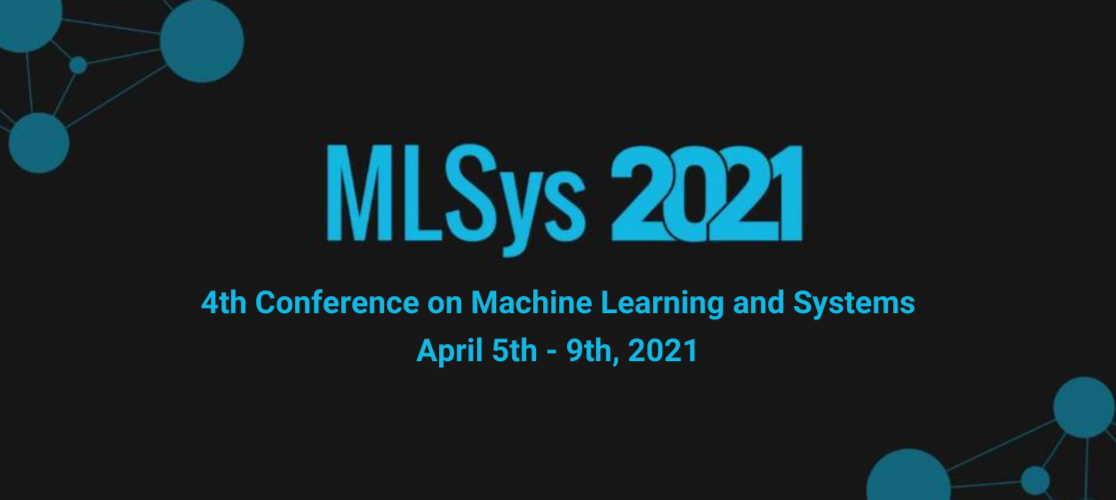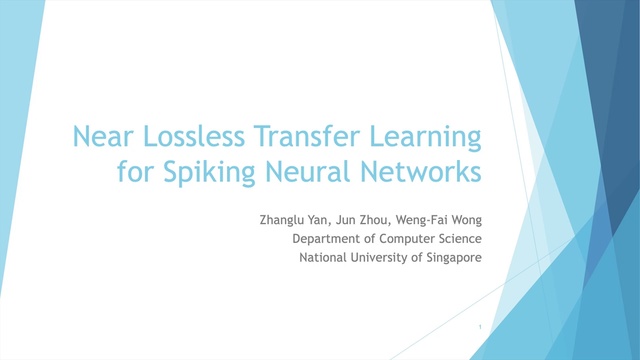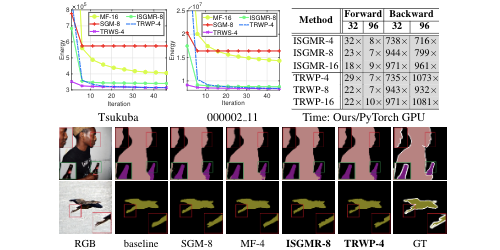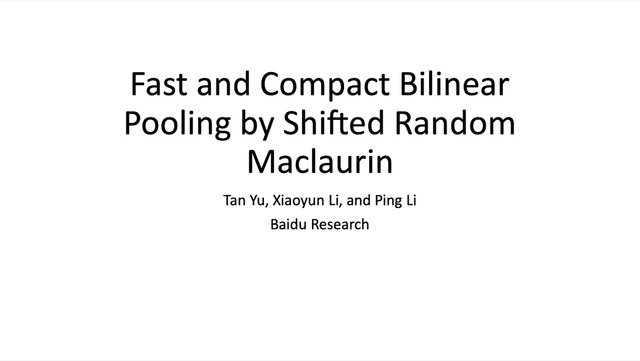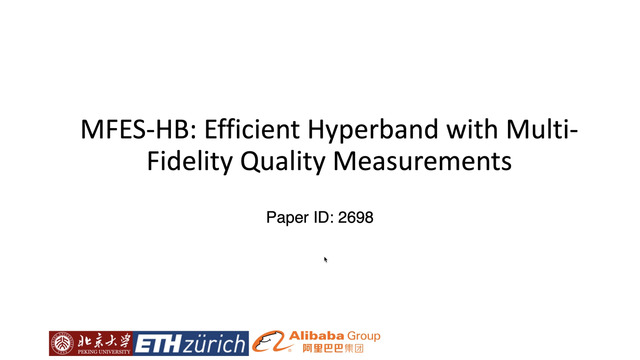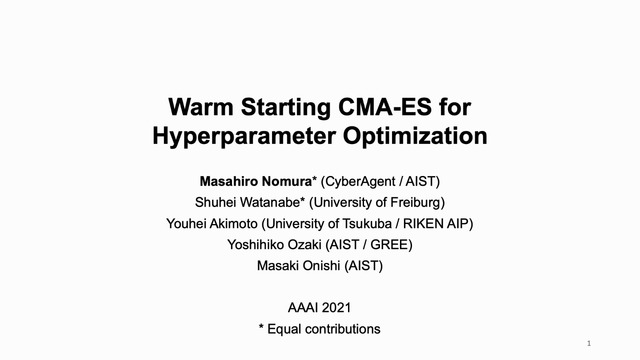Abstract:
Data parallelism is a common way to parallelize stochastic gradient descent (SGD). However, the loss of convergence at large minibatch sizes limits the scalability of data parallelism. This paper introduces a novel method to combine gradients called Adasum that significantly improves the convergence when using large minibatches. This paper provides the intuition and formal justification of Adasum along with a convergence proof. Additionally, the paper describes an efficient implementation of Adasum and its integration into the open-source toolkit Horovod for use in both TensorFlow and PyTorch.
The paper empirically shows that Adasum improves convergence when using large minibatch sizes for multiple optimizers (Momentum-SGD, Adam, and LAMB). For BERT-Large training with a minibatch size of 64K, using both Adasum and LAMB training converges in 20% fewer epochs than with LAMB alone. This combination also allows BERT-Large training to scale to a 128K minibatch size. While one of the motivations for LAMB was the inability of the Adam optimizer to scale beyond a minibatch size of 16K, we show that Adasum helps Adam scale BERT-Large training to a 64K minibatch size. Our implementation of Adasum in Horovod has already been adopted in several production environments.


